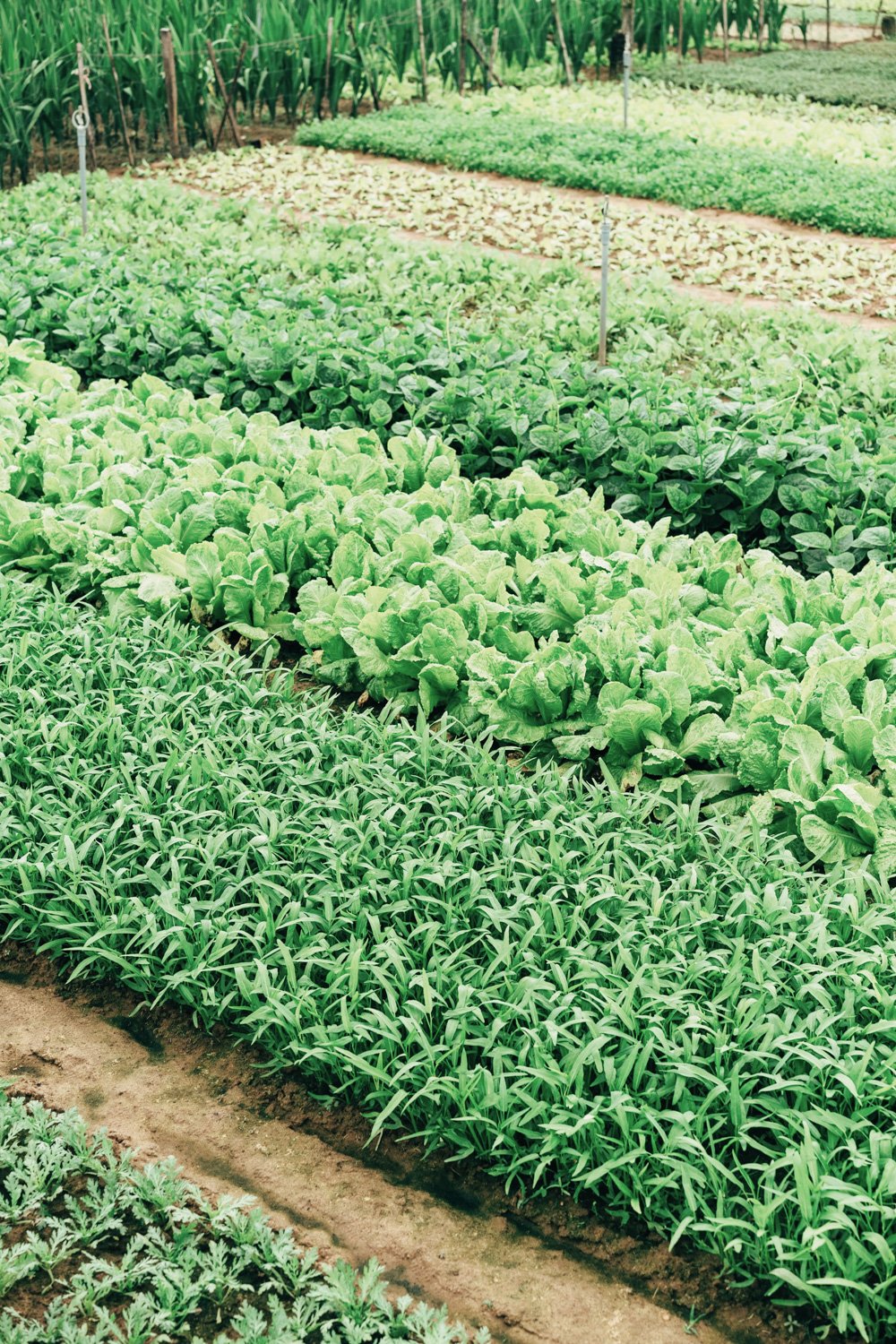Work and Travel Holidays for Families
From a cultural exchange to an organic farm homestay, families can get their hands dirty, stay active, and be immersed in another culture with these many working travel options.
Here at Heyterra we’re always searching for new ways to travel a little more responsibly.
While carbon neutral travel might not exist (yet!), there are many ways to counterbalance the trail we leave behind. Combining travel with meaningful work, though, takes things to a whole new level. While many of our travel tips concentrate on ways to minimize our impact, this one reaps direct, quantifiable results to swing the scales the other way. Whether it’s helping on a certified organic farm or supporting local families or communities in other ways, working travel is a great way to give back while at the same time experiencing a place as so much more than a tourist.
This type of adventure might not suit all families, but for those looking to get their hands dirty, stay active, and participate in a cultural and educational exchange – in real life – read on as we answer some basic questions about how to get started.
What is working travel?
Perhaps the best-known example of this type of tradeoff is WWOOFing, where individuals or partners spend some time working on an organic farm in exchange for room and board. But did you know families can WWOOF as well? Many farms accept and even welcome children, making this an amazing opportunity for families to disconnect from technology and reconnect with each other, nature, and the world outside their bubble.
Where to find opportunities?
In addition to WWOOF, two newer organizations have opened up access to an even broader variety of working travel experiences: Workaway and HelpX. Some hosts featured on these two sites need help with farming or gardening like WWOOF (and some hosts post their openings across multiple sites), while others offer the chance to help with language tutoring, cooking, community building, marketing…you name it. Most but not all the work falls under the eco-umbrella. But even some time spent in a hostel checking in guests might be one family’s idea of connecting with both the global and local communities. All three of these organizations ultimately provide travelers the opportunity to learn or apply a set of practical skills in exchange for room, board and the chance to immerse themselves in a different way of life.
How does it work exactly?
WWOOF*, Workaway and HelpX all have slightly different interfaces and membership fees (in the 20-40 USD per year range), but the basic set-up is the same across the board: Hosts provide their version of room and board while travelers commit to approximately 25 hours of work each week, which breaks down to about five hours a day. This generally leaves time in the afternoon for exploring beyond the farm or work-stay site. While none of the sites list minimum stay times, individual hosts often ask for at least a week or two in order to make any training worth their while and/or to complete a specific project. The key to using these sites is to plan in advance and to communicate as much as possible with the host before your arrival. This will ensure both parties are getting what they need out of the exchange and will minimize surprises upon arrival.
*WWOOF has a website for each country with its own organization, as well as a separate site dedicated to hosts in “independent” countries with fewer listings.
What are the benefits?
This might be one of the most sustainable ways to travel. Organic farms do important work in regenerative agriculture, which in turn helps draw down carbon from the air or keep it trapped it underground. Giving back to and supporting individuals or communities on the local level, especially those that can’t necessarily pay outside help, can be a way of supporting environmental justice and equity. Not all postings will offer the same level of benefits to the environment or to a larger community, but that’s one more reason to communicate with hosts beforehand and ask specific questions about their commitment in these areas.
For those who manage to swing a trip like this with kids, the payoffs are truly endless. From cultural to educational benefits, this Workaway article lists a few of the reasons to get the little ones out on a working travel experience.
Last but not least, working in exchange for accommodation and food can make a trip so much more affordable. Signing up for a stay at a rice farm, or any other type of host, can shave off the expense of visiting Asia, say. But it can also be a way to see your own country, your own region, or even the other side of your own town from another perspective. But wherever you decide to go, don’t think of it as a cheap vacation. Consider it as an opportunity to pay for your time as a visitor with your hands and heart, rather than your wallet.
For our part, we haven’t yet had the chance to take a working trip like this, but our friend Sharon from My Free Range Family has done stints with her family in Morocco, Guatemala and elsewhere. Check out her blog for more inspiration, and maybe we’ll see you out on the field some day soon.








